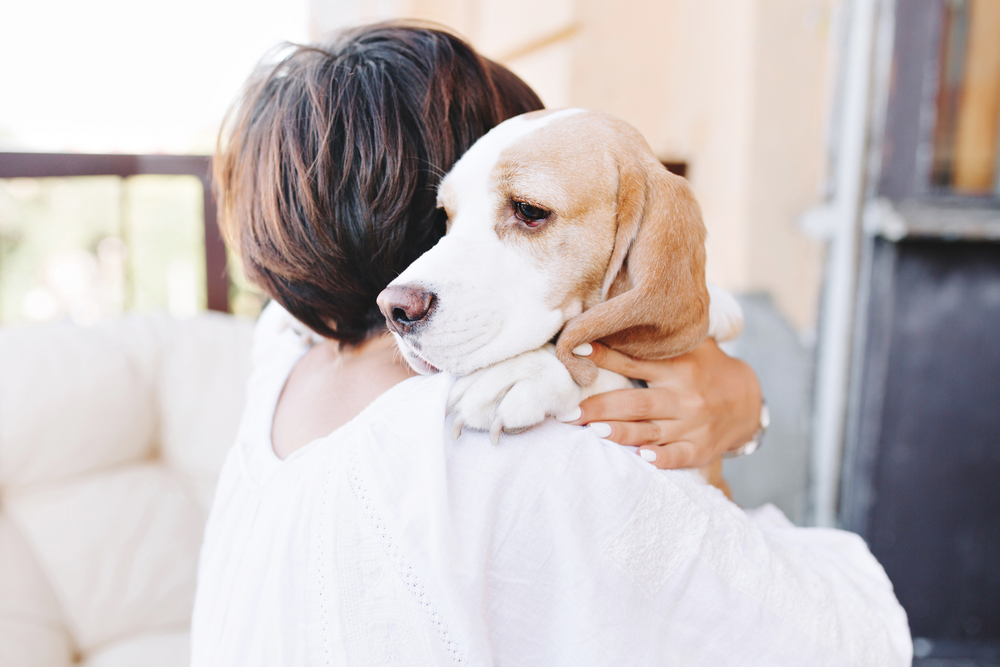My fall-apart day came on Wednesday. Until then, I’d been largely holding it together. I was feeling overwhelmed, frightened, and anxious, like so many of us. But I kept working, thankful for the work. I kept cooking, thankful for a child at home to cook for. I kept writing, believing much of what I have studied for the past 20 years applies to this moment. I kept taking care of my puppy, happy to be reminded that, for dogs, every day is a good day.
But on Wednesday, I cracked. The particular triggers aren’t important. We are all inundated with triggers now. What is important is that I noticed that when I finally felt the sadness that underlay all the other emotions I’d been feeling and trying not to feel, I came to an almost complete stop. My frantic energy to keep busy, to imagine how I would handle challenges ahead, to try to make everything OK, simply fizzled out.
Sitting on the couch by the fire, I enjoyed an amazing moment while eating a Japanese souffle pancake that my son had just figured out how to cook. I relished the texture of it, and the taste, as I’m sure I would not have if it had been an otherwise normal day — with me focused on being productive, hitting the marks, and simply taking care of business. I relished the moment with him, seeing him as I would not have really taken in on such an otherwise normal day. I marveled that he thought to do this in that moment, and did it so well, and that something so simple could be so delicious and beautiful.
The rest of the day wasn’t quite so blissful. I immersed myself in every last news item I could take in — searching, at some level, for a clue as to when this hellish time would end and we might again feel on familiar terrain.
By dinner, I was aware of how deeply I wished I had a partner who could share this time — in all its ups and downs — with me. After retreating to my bedroom, I broke down in a good bout of tears, interrupted only by my dog who came by to lick my face and keep a close eye on this new strange behavior he was witnessing.
I woke up feeling better the following day, but it took longer than usual for my son to come down for breakfast. I jokingly asked if he’d been afraid of me and my emotions — and observed that this is what happens when we face truly difficult moments: We break down, and then we bounce back.
What I didn’t realize then but fully know now is that the breaking down is what helps us bounce back. It helps us keep going and, perhaps more importantly, be in the reality of our lives rather than fight it through frenzied activity and relentless internal monologues.
“Running away from fear is fear. Fighting pain is pain. Trying to be brave is being scared,” the late author Alan W. Watts wrote in The Wisdom of Insecurity: A Message for the Age of Anxiety.
It’s when all the efforts to fight something are stilled that we find the thing we actually desire: for many of us, in this moment, a kind of peace in the storm. Watts talks about it as the law of reversed effort. “When you try to stay on the surface of the water, you sink; but when you try to sink you float.” More to the point, it is when we seek security that we feel most insecure.
So, what do we do?
It seems to me, at least in this moment, that we help ourselves the most not by trying to overcome our fears, anxieties and insecurities. We help ourselves the most, in the words of Tara Brach, by practicing some radical acceptance — acceptance of the truth as we find it now and now and now.
There is a point of stillness in every storm, and that point — both in a hurricane or in a life — occurs at the center. For us, that means the all-important place within. And by accepting that place of stillness, we are best able to access the roots of healing and kindness that we all need right now.
Follow us here and subscribe here for all the latest news on how you can keep Thriving.
Stay up to date or catch-up on all our podcasts with Arianna Huffington here.


